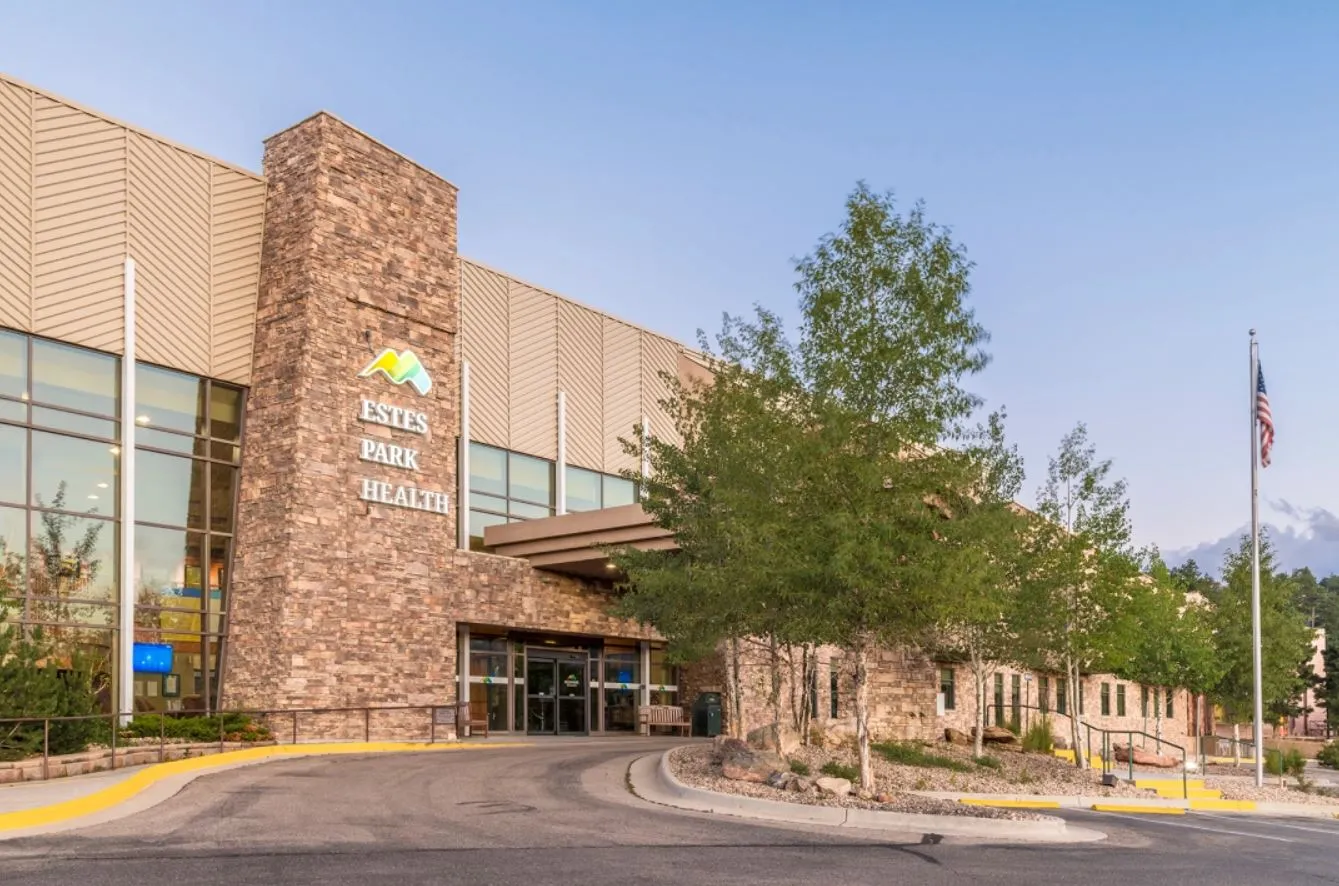Estes Park works to save tourist season

ESTES PARK — The tourist season in Estes Park generally ends with a surge of visitors who head to the mountains to gaze at slopes bathed in aspen gold and listen for the bugling of majestic, mating elk. Apparently an early-season snowfall hasn’t decreased that enthusiasm — and the visitor dollars it brings.
“A lot of people were worried that the snow was going to impact the leaves, but it actually may have hastened it a bit — that beautiful, vibrant yellow,” said Donna Carlson, president of the revitalized Estes Chamber of Commerce.
The chamber…
THIS ARTICLE IS FOR SUBSCRIBERS ONLY
Continue reading for less than $3 per week!
Get a month of award-winning local business news, trends and insights
Access award-winning content today!





